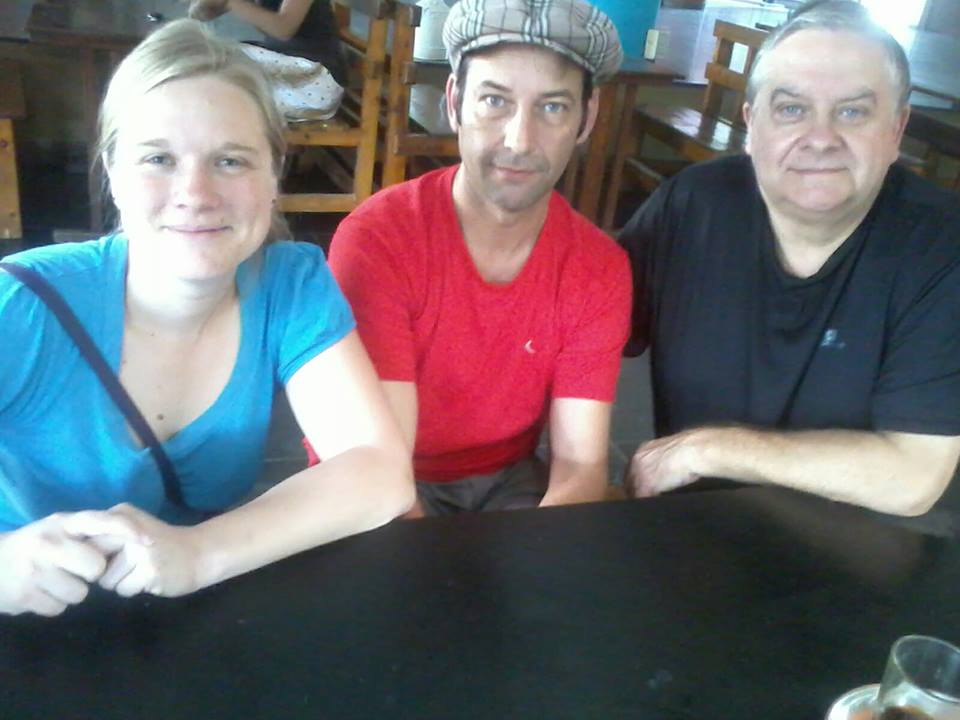Post 9/11, just as America began to view its history in a context where there was always a before and an after, will the Charlie Hebdo attacks colour the way France views itself? French theatre director, actress and puppeteer Aude Maréchal considers the question as she sips her black coffee in the Ranga Shankara cafe and then says, “Pacotille…the play I performed here is not political but poetic but yes, through my company Cie Créa, we also ask questions, give a message. How important is freedom for an artiste? That is a big question. The answer is long and complicated too. How many pages do you have in your notebook?”
**
She smiles and adds, “Without freedom, there is no art and without art, there is no freedom. The two are a part of each other. Artistes need freedom to be, to create, to give messages , to show their art, to make choices.” Pacotille, the play has Chaplinesque simplicity and wordless angst and is about a vagabond who stumbles upon a little box with a puppet. Then begins a story of friendship that has drama, poetry, music and where layers of meaning can be deciphered both by children and adults.
**
Her theatre is in a way not very different from archaeology that she once wanted to study because it too digs deep to find the dormant, the unexpressed. While she manipulates the larger-than-life puppet in the play, the tramp is played by Georges Jouanne who has led an interesting life as a circus performer and a clown. The freedom to be anything or nothing is what drives his life and work.
**
While Aude discovered theatre at the age of 10 and decided at 16, ”I can’t do without this. Theatre is going to be my life,” George discovered Moliere’s plays and as he puts it, ”I fell in love.”
Says Aude,”As actors we give parts of ourselves, a certain emotion to the characters we play and even though in this play we do not communicate except with movement, yet we bring something unique to us to the performance.” The most important character in the play she emphasises, is the story. The music plays another important part as there is no text, no dialogue.
**
George says, “As an actor, this is a tough part because am dealing with a puppet and movements have to be as precise as the story. There is also a part when I walk amid the audience and that is a fleeting moment of connection.” Both Aude and George channel a lot of Chaplin in the performance, as also the romance of silent films and the articulations of pantomime.
**
Didier Maréchal who handles technology, sound and light for the production as it travels the world says unlike the actors he does not get the chance to interact directly with the audience. And yet without his support, the production would not have the poignancy and substance that it does now. He plays the same role of providing invisible support in his daughter Aude’s life. She smiles looking at him indulgently, “Because of me, he got drawn to theatre and then slowly but irrevocably fell into its world.”
**
Considering the play has travelled to different parts of the world, what sets the Indian apart? Aude answers, “In France and in some other countries, people watch a play, clap and leave. The Indian audience is curious. People stay back after a performance to talk, to ask questions and that exchange is very important and precious to us.”
Though circus gave George an appetite for a life on the move and the thrill of meeting different people, he says in rapid French, “I have a family, responsibilities so I cannot clown around all the time but yes, theatre and the life of an artist is what I have chosen.”
Aude adds, “If we didn’t love it..we would not have chosen it. Our life can be summed up in these lines, ‘Pack bags..pause..play..pack again..pause again..play again. And again.”







 with
with